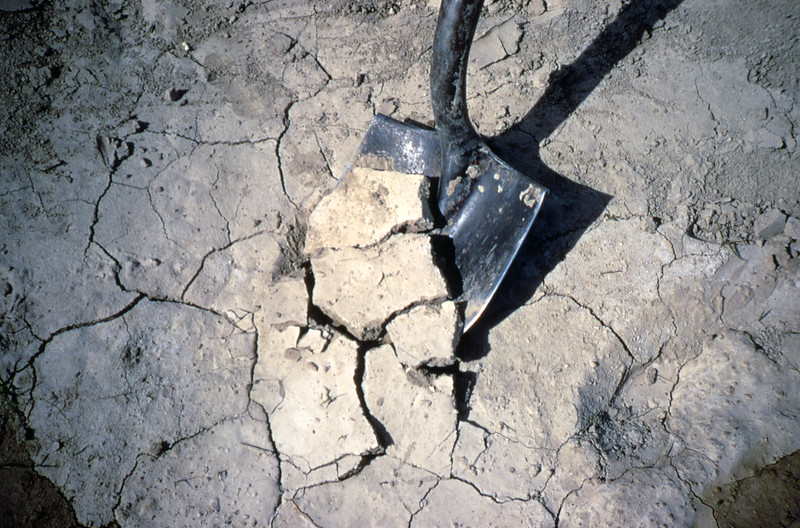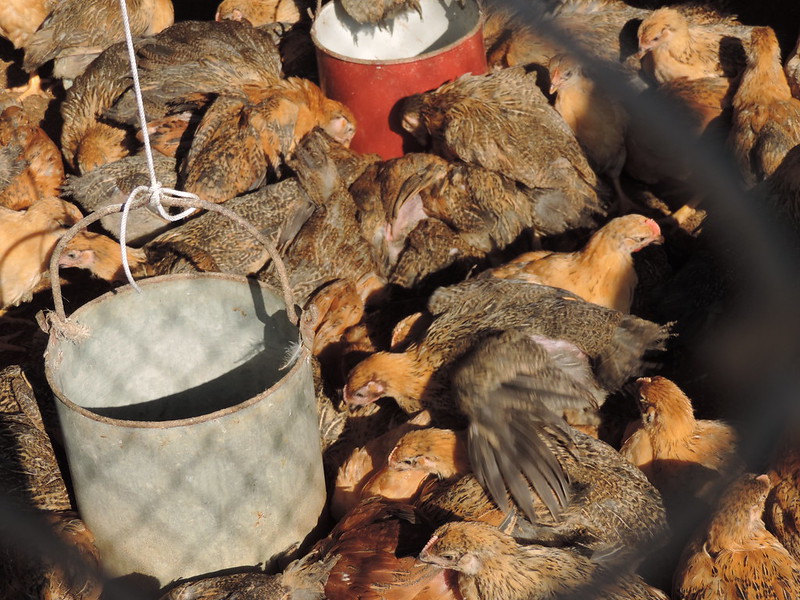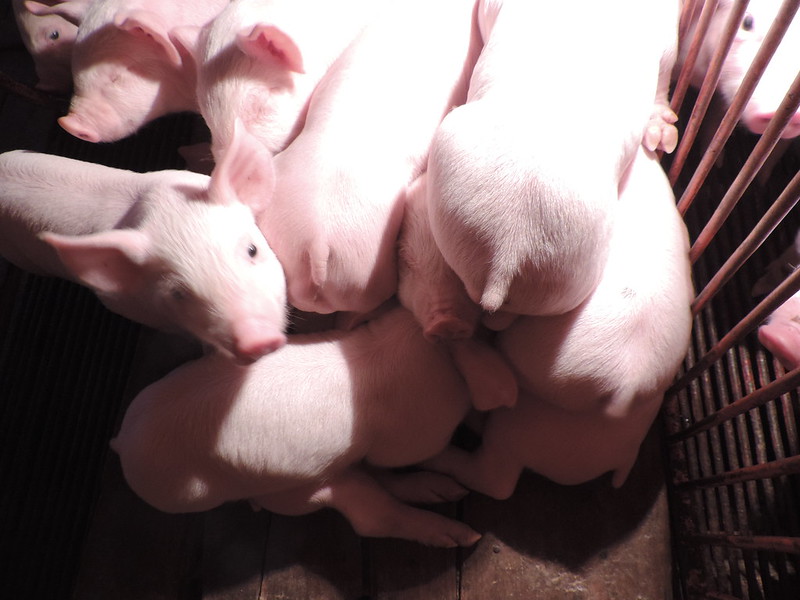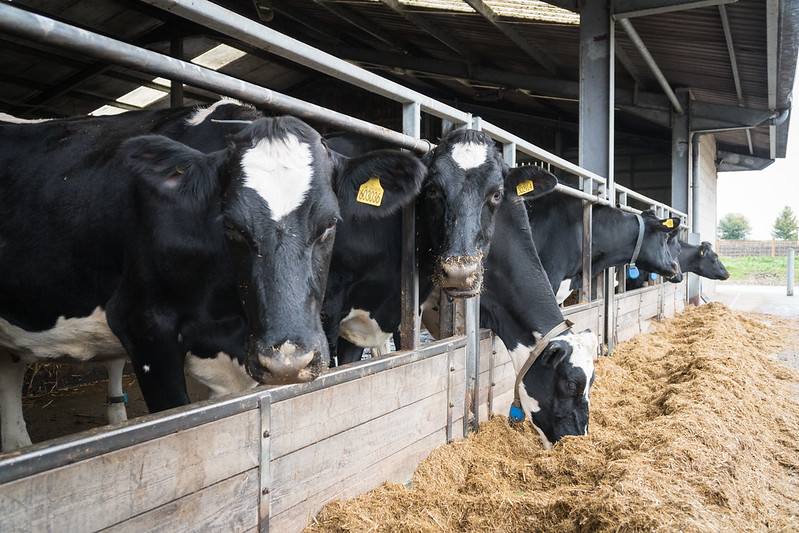This #WorldWaterDay there is a way to save huge amounts of water which isn’t being mentioned
24 June 2019
While we’re asked to save water piecemeal by fixing broken taps, an exponentially larger source of wastage continues to be ignored – the meat industry.
The United Nations estimates that over 2 billion people live without safe drinking water at home – a number which is set to increase to over 4 billion by 2050.
Clearly, a lack of safe drinking water has an impact on people’s health, education and livelihoods, and is an acute problem well on the way to getting worse.
In response, the latest United Nations Sustainable Development Goal commits the world to ensuring that everyone has access to safe water by 2030 and includes targets on protecting the natural environment and reducing pollution.
Yet while we are all encouraged to use less water within our daily lives, with actions such as fixing dripping taps and taking showers instead of baths, many of the global recommendations continue to ignore one of the most effective ways every one of us can reduce our water usage: eating less meat.
Meat production requires 8-10 times more water than grain production. Estimates suggest that it can take over 15,000 litres of water to produce a single kilogram of beef, over 6,000 litres to produce one kg of pork, and 4,300 to produce one kg of chicken meat. In contrast, producing a kg of pulses requires just 250 litres.
It is statistically clear that animal products have a particularly large water requirement per unit of nutritional energy compared to plant-based foods.
Experts believe approximately one quarter of global freshwater use is related to the production of meat and dairy, which is likely to increase as meat and dairy production continues to rise.
The UN’s Food and Agriculture Organisation (FAO) has concluded:
“It is clear that feed production consumes large amounts of critically important water resources and competes with other usages and users.”
The long-term impact of unsustainable water use to produce meat, together with increasing water variability caused by climate change, means that humans’ capacity to continue using agricultural water the way it has been used in the past simply will not sustain humanity in the future.
There is little doubt that putting water on the global agenda is critical to feeding 9 billion people by 2050, and it is self-evident that meat production must be a significant part of this debate. The real question is, why isn’t reducing meat consumption an objective of all water saving policies?
So, on World Water Day, why not make a REAL commitment to saving water and reduce your meat consumption. In doing so, you could be helping to save the planet.
BACK








